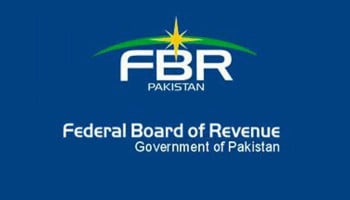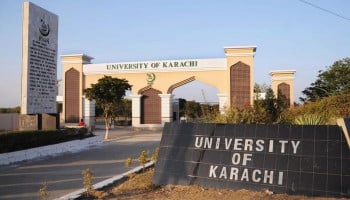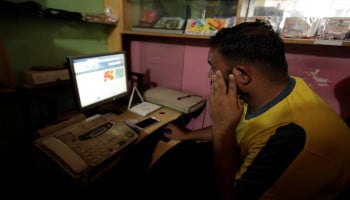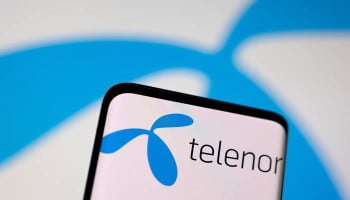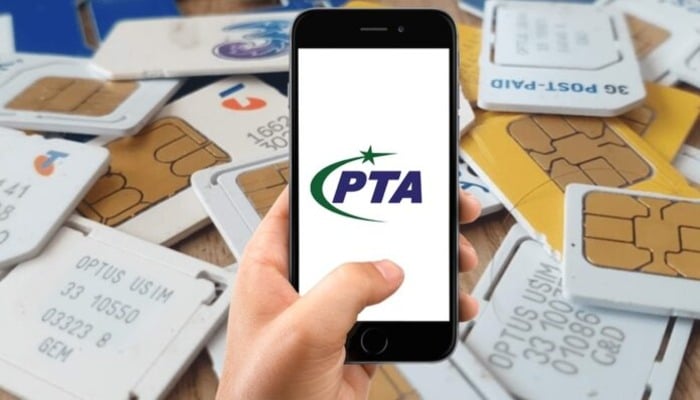
You must have seen the roadside stalls in Pakistan offering free SIM cards and even promising tech accessories upon registering a free SIM card. If so, then beware, the Pakistan Telecommunication Authority (PTA) has warned against it, calling it a new type of scam stealing thumb impressions, fingerprints, and other biometric data.
According to the telecom regulator, fraudsters deceive unsuspecting people under this scam, especially women, by offering free SIM cards and sometimes fake financial aid schemes to trick them into providing biometric data.
It was outlined that the SIMs fetched through such fraudulent means are frequently used in criminal activities, including financial scams and identity theft.
The PTA maintained that giving a SIM card registered under their name to another person is a punishable crime, stressing that people should remain alert and avoid sharing personal data or biometric information with unverified sources.
In a related development, Meta has teamed up with the PTA and educational platform EYEYAH! to launch an awareness campaign titled “Is This Legit?”. This initiative is aimed at educating Pakistanis about common online scams and fraudulent tactics.
The campaign is part of Meta’s bigger Asia-Pacific (APAC) programme, spanning more than 15 countries, focused on promoting digital safety and literacy.
The PTA chairman emphasised that raising awareness about scams is essential to protect users from the rapidly evolving tactics of online fraudsters.
Dania Mukhtar, the head of Pakistan Public Policy at Meta, said while Meta actively cracks down on scammers across its platforms, they constantly shift tactics, targeting multiple apps and websites simultaneously.






